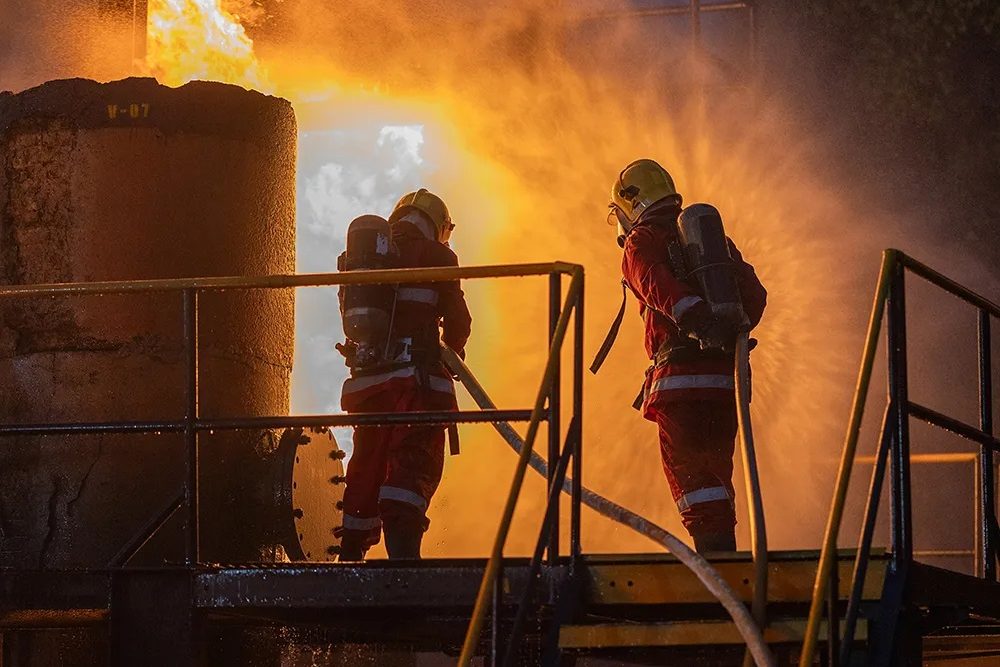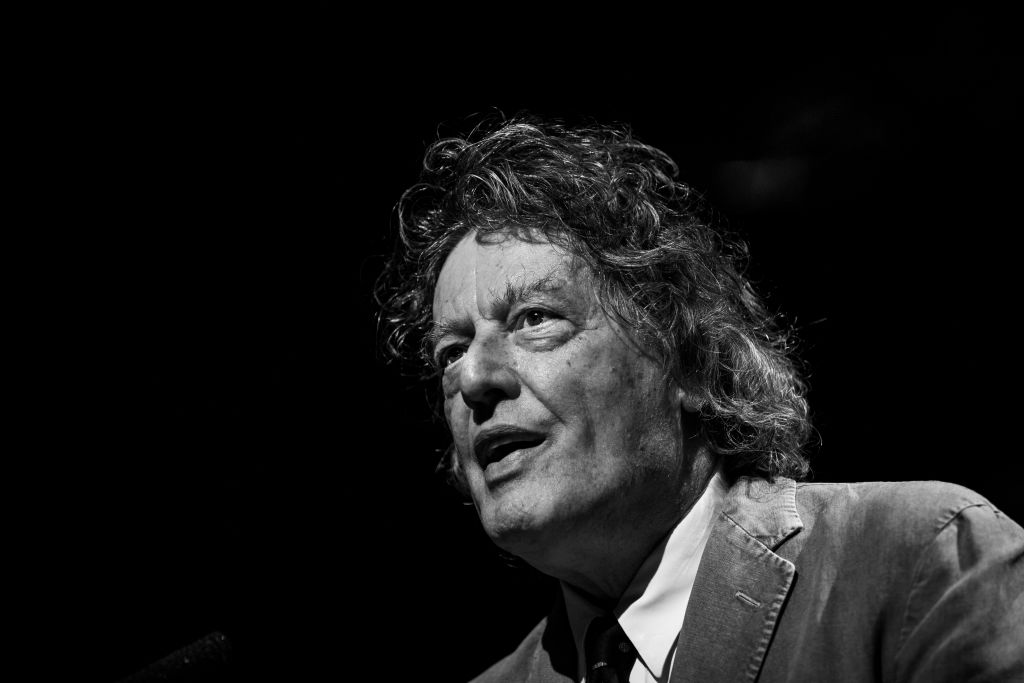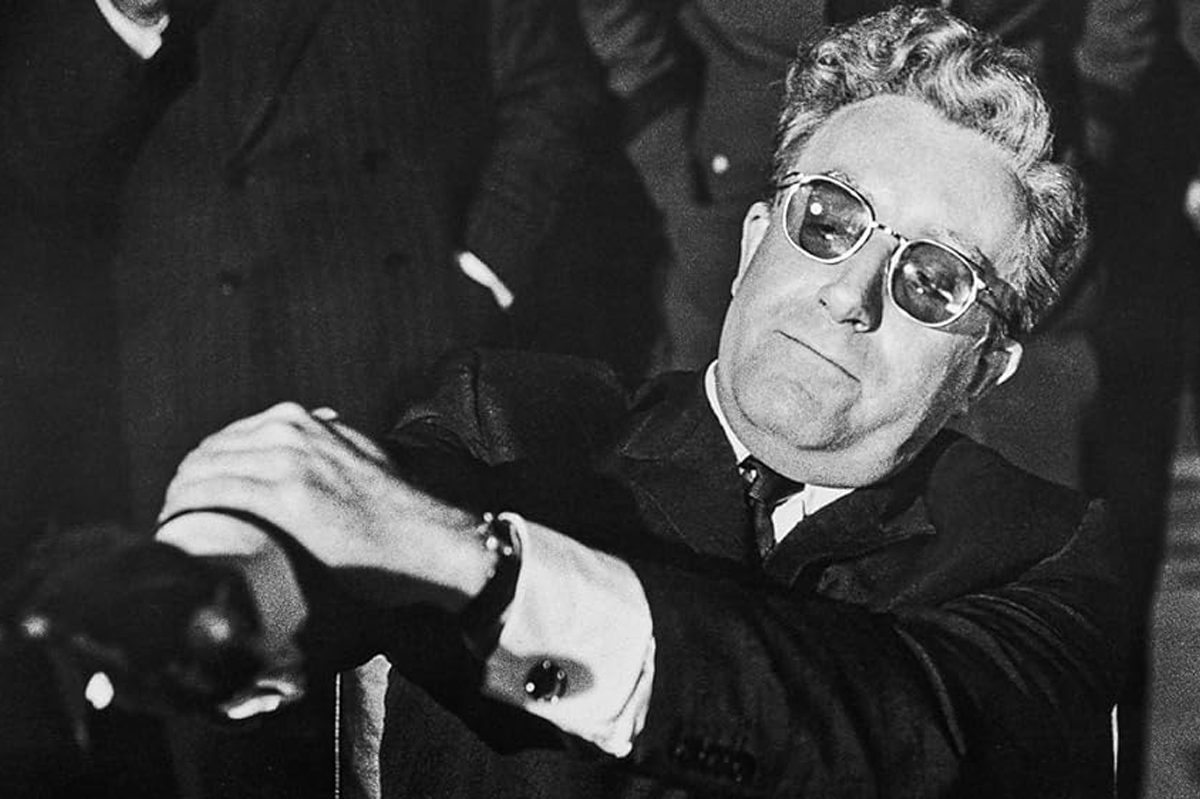From a young age – ten perhaps – the author Dan Richards has had a strained relationship with night-time. Grappling with insomnia, he would take “the homeopathic approach to [his] waking nightmares,” rereading Moominland Midwinter despite its existential terrors. Even now, he writes, he finds it easier to sleep when he is not at home. This has, for better or worse, given him time to think – and lots to think about – while not much else was going on.
In the avowed spirit of Auden/Britten’s Night Mail, Richards now invites us to follow him across “an usual threshold at an unusual hour,” exploring nocturnal life on the streets of Westminster or on North Sea ferries, meeting wildlife preservationists carving out “dark corridors” for bats, or investigating the damage done to our “finely balanced circadian timepieces” by getting just a couple of hours of disturbed sleep.
From poorly paid social workers to hand-picked search-and-rescue crews, to Michael Fassbender playing millionaire boy racer, Overnight – to crib from one Night Mail review – creates adventure from things that happen every night of our lives. In this book about “love, care and service” (with unavoidable pandemic overtones, given its time of writing), some of Richards’s subjects live for their work while others are more ambivalent. But all are doing jobs which aren’t your normal nine-to-five, often unpaid and rarely – pace Fassbender – with much glamour to them. Richards writes: “I am moved and comforted to know that people are watching over me during the hours of darkness,” or simply doing “things that need to be done before the rest of us awake.”
His regular readers will spot familiar themes: the cultish love of the British postal system; the keen musical ear; the verbal levity. Partial to a good footnote, Richards halts, mid opening sentence of the book, to reflect joyfully on the etymology of “benighted.”
There’s a touch of the bumbling non-fiction Jerome K. Jerome about the genially self-deprecating author. (He’s openly a bit disappointed when an amazing sleep-analysis system isn’t more Heath Robinson.) Plainly a decent sort, he beats himself up because he can’t remember the nurses’ names from a time when he was at death’s door; wears his heart on his sleeve (there are 11 pages of acknowledgments); and is almost unfailingly sympathetic. The worst you can expect from him, it seems, is a half-line of moderate grumpiness while catastrophically seasick. Reflecting that he’s not keen on early starts, he muses cheerily: “In that respect this whole book was a bad idea.”
The flip side of this is a comradely, loose, mildly indulgent style, equal parts nature writer, trainspotter and lyricist. Not for the first time I wondered if there’s a poet lurking somewhere. Fond of metaphor (many things are “akin to” others), Richards is prone to using words like “gloaming” and, true to his arts school background, has an annoying tendency to tell you what basic color things are. “The vacuum of the small hours invites over-thinking,” he acknowledges; and when he claims of one shift with a night worker that “time actually flies,” I had the ignoble suspicion that this wasn’t so true if you’re the one doing the work. I also laughed ungenerously when he geekily asks a steam-train crew where their coal comes from and is told: “I dunno. The pallet in the yard?”
‘I am moved and comforted to know that people are watching over me in the hours of darkness’
Though far from politically extreme, Overnight is not neutral either. The number of people sleeping rough, described in the “Night on the Streets” chapter, couldn’t please anyone; but where I might have been more interested in, say, the 24-hour operations of some Hovis megafactory, Richards (an Edinburgh resident) opts for an expensive hipster bakery in Dalston with progressive staffing policies.
But this is not a book for cynics. It is a paean of gratitude to every form of labor in the wee small hours, packed with enough fun facts for an entire pub quiz (“How many midges can a bat eat in one night?”). Curiosity and boundless enthusiasm are what the reader is paying for here. It’s the author’s infectious sincerity that really makes Overnight work.
Having opened in mortal peril on a Swiss mountainside, Richards winds down with the companionship of late-night radio and that opiate of the middle classes The Shipping Forecast. Only now one feels one should be out exploring. “Banish presumption and generalizations,” we are enjoined. “Go and see what’s going on. Listen to the sounds of the city, the country; take the night’s pulse. Who and what are up and doing?


























Leave a Reply